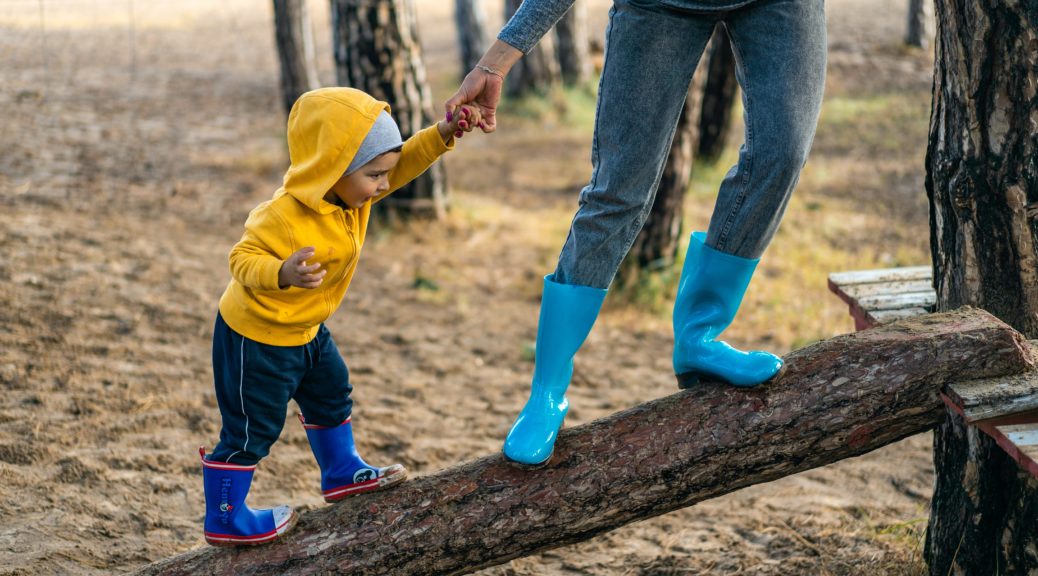
Should I help my baby walk?
Help or not help my baby walk? Walking is a great milestone in a baby’s motor development. On average, babies begin to walk on their own between 9 and 18 months. However, it is important to keep in mind that each baby develops at their own pace, and there can be considerable variations within this age range.
Some babies start taking their first steps at around 9-12 months (sometimes even at 8 months), while others may slow down and don’t walk independently until 15-18 months, but all healthy babies will do so at some point. In most cases, this motor development is influenced by individual factors, such as muscle strength, coordination, confidence, and the child’s interest in exploring the environment.
The first thing babies will do is start to get interested in standing, trying to hold on to furniture or even an adult’s legs and pull themselves up. This process is very exciting and tells you that your baby is developing and growing well.
Do we have to help babies to walk?
The answer is broad, but in general, the answer would be no; adults should not help babies to walk. This implies avoiding holding them upright or offering them your fingers while they raise their arms and so on. Most importantly, you should never force them to walk when a baby is not yet ready for it.
So I can’t do anything?
Well, it is important to wait until your baby is physically ready to walk before you start helping your little one. It is essential to allow babies to develop at their own pace and not to force them too soon because before babies can walk, they need to develop the necessary muscle strength in their legs, trunk, and neck. This occurs naturally through playtime on the floor, crawling, and leaning on low furniture. Stimulating these activities is beneficial for the baby’s motor development, and in this indirect way, you will help your child develop the skill of standing up on two feet.
When your baby begins to show signs of wanting to walk, you can provide a safe and open environment where they can practice. You can place toys that they like within walking distance to encourage the baby to take a few steps. Make sure you stay close by to supervise and provide support if needed, but avoid grabbing your baby and holding them constantly to walk, as this can hinder their own development.
So baby walkers are a no, right?
Babies learn best to walk naturally and unaided, discovering their own balance and developing coordination and self-confidence. You can encourage your baby to take steps, maintain proper balance, and reach for objects, but avoid forcing them and avoid the use of baby walkers or other devices that can limit their natural learning and increase the risk of injury. Baby walkers are not at all recommended, and it is not true that they help with the development of walking.
What about shoes?
There is a common grandmother’s fear that babies catch a cold when they walk barefoot, but this is a myth. In fact, it is highly recommended that babies spend most of their time barefoot or wearing non-slip socks on safe, clean surfaces.
This allows them to feel and explore the ground, which contributes to the development of coordination and proprioception, the body’s ability to sense its position, movement, and spatial orientation. Walking barefoot also allows muscles and joints to strengthen naturally. However, it is clear that in certain circumstances, such as when going out or in areas with rough, sharp, or hot surfaces, it may be advisable for your little one to wear shoes to protect their feet.
When learning to walk, it will be easier for babies to maintain balance and gain stability without wearing shoes, as they can better feel the ground and grip with their toes. However, as they gain more experience and strength, proper shoes can provide additional support and protection as they explore different surfaces and environments.
Shoes should be flexible, lightweight, and in the right size to allow for natural foot movement and not restrict development.